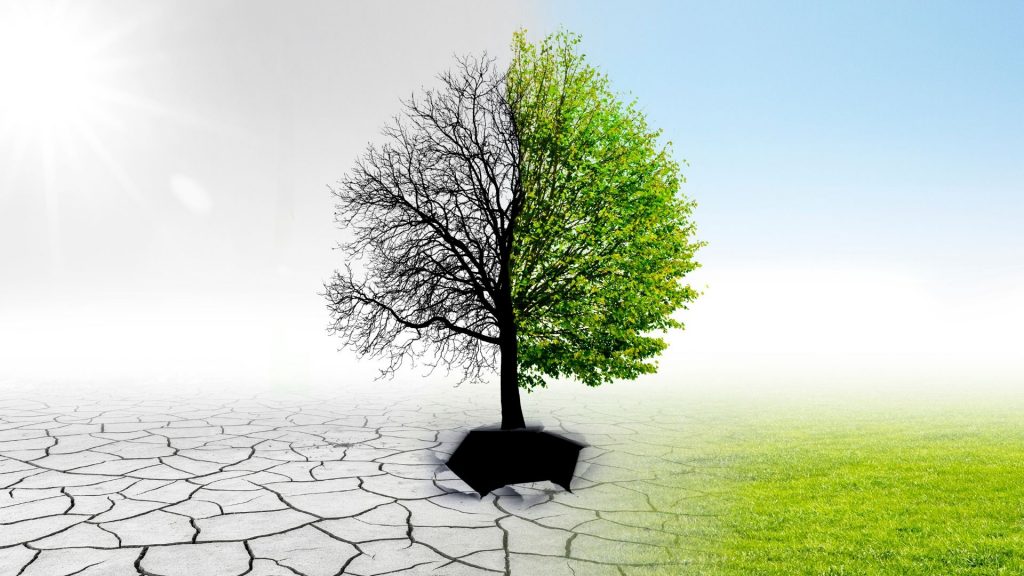A suggestion on taking the middle path in finding who we are

“Who am I?” is a common question we frequently ask ourselves throughout our lives. I frequently come across adolescents, emerging adults, middle-aged adults and even elder people asking this same question without a clue how to answer it. Are we the job that we work at? Are we the appearance that others define me? Are we the cognitions in our head?
When we try to answer this question, we frequently fall into dichotomous thinking. For example, we may label ourselves as our inborn gender, either male or female or we may define ourselves as either introvert or extrovert. This need for categorisation is instinctual. We tend to categorise things or see things in black-and-white terms because we want to minimise uncertainty and maximise predictability. Defining ourselves by categorisation makes things simpler. However, if we only define ourselves in this way, we may fall into trap of judging ourselves in black-and-white terms. For instance, if I cannot get the promotion by the end of this year, I am a failure.
Although there are shortcomings when we set definite goals for ourselves and define ourselves in dichotomous terms. Sometimes, we need to have concrete goals. For example, we need to set goals when we are an adolescent studying for public examinations to get into our preferred university. Only when we take this concrete goal too seriously and try to define ourselves by whether we can achieve this goal or not, we may suffer from emotional disturbance. We may feel very depressed and disappointed if we cannot achieve our preset goal. We may also define ourselves as a failure if there is a discrepancy between what we did achieve and what we hope to achieve.
Another approach to answer the above “Who am I” question is taking the opposite way. In this approach, we simply try not to define ourselves in concrete categories and think there is no definite “I”. We just discover life experientially and enjoy the process. In this way, we let go of our tendency to define ourselves through categories and let go of worries when we face uncertainty in lives. For instance, a young adult may let go of his expectation of getting his dream job and go for a group job interview with a mindset of enjoying the process and living in the present moment. However, if this young adult takes the extreme of this approach, he may not plan concretely for the preparation for this important job interview. He may also not intend to set concrete goals for getting this dream job. In fact, unless we were some ancient masters, for example, we cannot live without defining ourselves concretely sometimes. We also need to set concrete life goals throughout our lives.
Through failures in achieving our goals or difficulties in living our lives, we can obtain wisdom in life and insights into ourselves. Therefore, our tendencies to categorise and define ourselves concretely sometimes make us grow and evolve. It is through all these life difficulties, we learn and progress. Despite the suffering we have gone through, we become a new version of ourselves.
There is no definite answer to the above question. Everyone may have different answers to this question. One way to answer this question is to take the middle path. That is, to live our lives fully and experientially without taking our expectation and preset goals too seriously. At the same time, we also take a proactive stand to plan ahead and set concrete goals for ourselves. We can define ourselves by categorisation sometimes and we can also let go of these categorisation if we need to. Indeed, no matter which approach you choose, it is always helpful to bring our attention inward to see our feelings and thoughts. May be we can keep asking ourselves “Who am I?” throughout our lives. Actually, the real “I” cannot be put into words, as we are always evolving.



